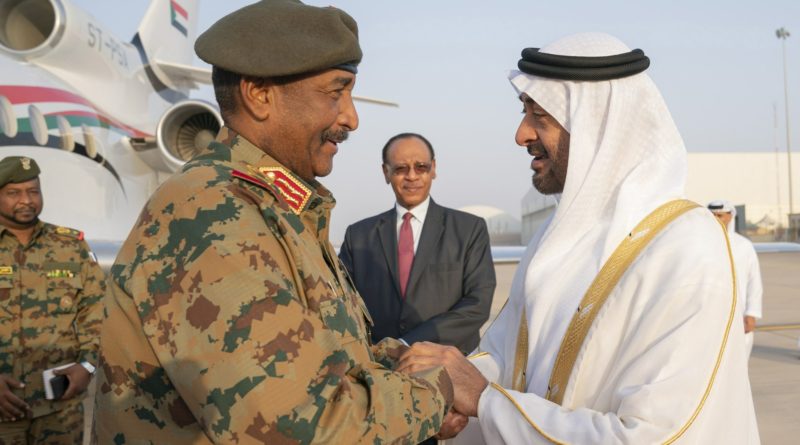Time’s up for military junta in Khartoum
OTHER VIEW POINTS
For one fleeting moment after former Sudanese strongman Hassan Omar al-Bashir was removed from power in April, optimists dared hope that a military regime in sub-Saharan Africa could be ousted, with minimal collateral damage.
Bashir had capitulated after months of protests that were as peaceful as they were civil. The world had come to imagine that even a thick-skinned old school general had lost appetite for bloodshed and decided to call it quits.
Yet if the rapid reversal of fortunes in Khartoum this week that left hundreds of protestors either dead or nursing injuries proves anything, it is that, as the old adage goes, the leopard does not change its spots.
Faced with unrelenting pressure from a massive sit-in by activists demanding a quick transition to civilian rule, the military council that is now lording it over Sudan, resorted to the only course of action they know — unleashing brute force on unarmed civilians and hoping that it will help establish a new status quo.
Perhaps conscious of the scrutiny this would attract from the international community, the junta tried to hide its actions behind the Rapid Support Forces, a paramilitary group with links to the infamous Janjaweed militia used by Bashir to pacify Darfur.
The protesters may be off the streets for now but the options are rapidly narrowing in Sudan. The country will either revert to strongman rule as we have seen in Egypt, implode Libya-style or settle into the kind of stalemate prevailing in Syria and Algeria.
In the clash of civilisations that the world has witnessed since 2010, a South Sudan in turmoil and Islamists making stunning incursions into North and West Africa, Khartoum, despite its Islamic credentials, has been a useful partner in stopping the spread of extremist Islam into Eastern Africa.
The crisis in South Sudan cannot be resolved without Khartoum in the loop.
Statements condemning the actions of the military have been swift and in a rare move, the African Union suspended Sudan’s membership from the continental club pending the establishment of a civilian-led order in Khartoum.
Responses from elsewhere have not been unusual—meaningless tokenism—with Western powers occupied with their citizens’ safety while appearing to be concerned about the crisis.
While that might be distressing, with hindsight, Sudan may be saved from becoming a battleground for the competing external interests.
In reality, the solution to the problem in Sudan is pretty straight forward. The protestors want the military out, while the generals who took power after Bashir feel insecure, fearing reprisal for their indiscretions over the decades.
The protest leaders must give some assurances, perhaps institute a national truth and reconciliation commission, before the military can cede power.
Any mediation that does not take into account these fears is unlikely to be productive.
The stakes are high and the parties must be helped to at least see the risks of the present situation from the same lenses and rapidly move forward with a time-line for a return to civilian rule.
The military must understand that while they are hired to defend national integrity, their actions should at all times be subject to civilian control. Only then can Sudan hope to make a break with the past and set course for a future in which everybody has a sense of ownership.
The East African

